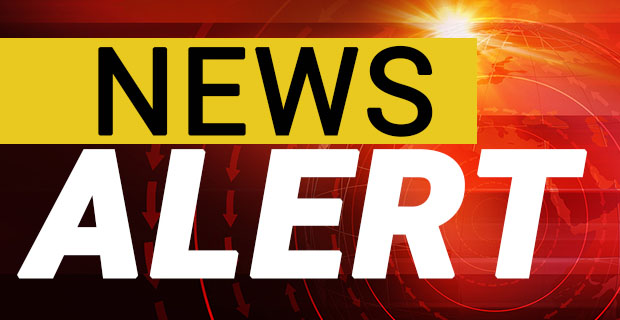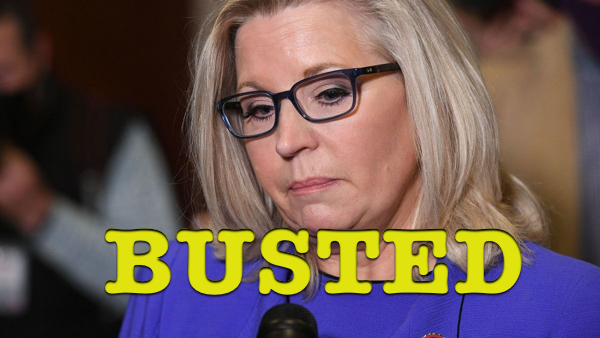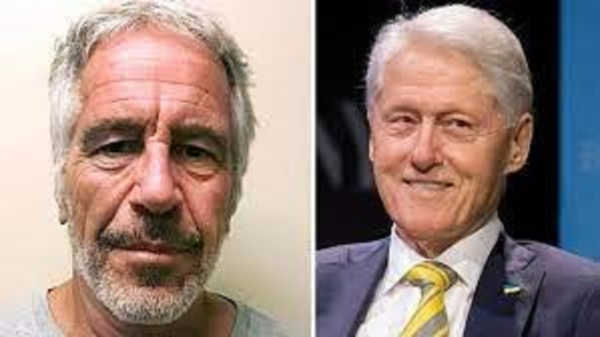The Kansas legislature has once again defended fair elections in Kansas by foiling the Democratic governor’s veto of the voter integrity legislation. The Kansas legislature passed two voter integrity bills that Arizona Democrat Governor Laura Kelly quickly vetoed in an effort to avoid voter integrity but the Kansas Legislature easily overrode the vetoes. One bill sets the ground rules for voter ID and other election-related issues.
The second bill which I call the Brad Raffensperger bill would prevent the SOS from entering a consent decree without an ok by the Kansas legislature.
The legislation makes it a jailable offense to change the dates on mail-in ballots. And no one can turn in more than 10 completed ballots. The bill does have some voter suppression clauses in them making it harder for people like Elmer Fudd, Batman, and Buggs Bunny from voting.
A report by local media Kansas City Star said:
“Changes to Kansas election laws that limit the power of the executive and judicial branch and tighten rules around advance voting are now law despite Gov. Laura Kelly’s objections.”
“The bills follow a trend in GOP-controlled state houses nationwide to limit ballot access,” it added, after claims of widespread voter fraud emerged during the 2020 election, while it said that “legislation in Washington to expand mail-in voting nationwide has stalled in the Senate.”
“Inspired by controversies from the 2020 election, the bills aimed to prevent similar fights from taking place in future elections.”
Republican state Senator Caryn Tyson, said :
“Every single vote matters and the accuracy matters. This bill is not about voter suppression it is about voter accuracy and making sure every legal vote counts.”
Meanwhile, The Star described House Bill 2332 as a measure to “prohibit the executive and judicial branches of government from altering election laws. It also prevents the Secretary of State from entering into consent decrees with a court without legislative approval.”
“House Bill 2183 focuses largely on mail-in voting. It limits who is permitted to return a mail-in ballot for another person and makes it a misdemeanor for one person to return more than 10 mail-in ballots. The measure also requires the signature on a mail ballot to match the signature election officials have on file, creating a potential for votes to be discarded, and bans the Secretary of State from extending mail-in vote deadlines.”
The measure also “makes it illegal” to backdate a postmark on a ballot and bars election offices from accepting money from any entity other than the state for administering elections.










